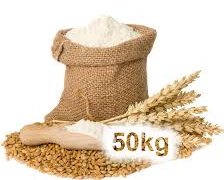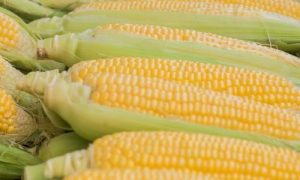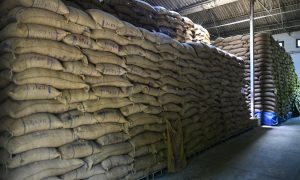In Bihar, wheat procurement to start on April 20; 10 lakh MT is the target

Co-operative department secretary Bandana Preyashi said the government’s objective behind procurement in Bihar was to ensure that farmer did not have to opt for distress selling of produce.
PATNA: Bihar will start procurement of wheat from April 20 and targets to lift 10 lakh metric tonnes, officials of the co-operative department said on Wednesday. The procurement will continue till May 31.
The co-operative department has asked primary agricultural co-operative societies (PACS) to procure wheat from farmers who prefer to sell to government agencies at the minimum support price of ₹2,175 per quintal.
Last year, Bihar was able to procure only 3,519 metric tonnes against a target of 10 lakh metric tonnes for 2021-22. In 2020-21, the procurement stood at 4.55 lakh metric tonnes against the target of 7 lakh metric tonnes.
Officials attribute the low procurement last year to competitive prices in the open market, saying farmers preferred to sell to government agencies amid the Covid pandemic. Last year, farmers got a better price in the open market.
Co-operative department officials said the state’s procurement of paddy had improved over the last year and helped in the state’s contribution to the State Food Corporation (SFC) and Food Corporation of India ( FCI), which maintains buffer stock.
In 2022-23, the state procured 42 lakh metric tonnes of paddy against a target of 45 lakh metric tonnes. Of this, 28.5 lakh metric tonnes of paddy was given to the SFC. In 2021-22, the state procured 44.96 lakh metric tonnes.
“Bihar has always been in top-ranked states in paddy procurement. Wheat procurement has been low,” said another official.
Bihar state agriculture department officials estimate the wheat output this year to be around 70 lakh metric tonnes despite the damage to the rabi crop including wheat due to unseasonal rains.
Co-operative department secretary Bandana Preyashi said the low procurement of wheat last year was on account of farmers getting a higher price in the open market. “Our aim is to check distress selling of produce by farmers. This has not happened as farmers are getting a good price equivalent to MSP in the market. But, yes, this year we are trying to increase procurement and we have already tasked various agencies for it,” Preyasi said.














